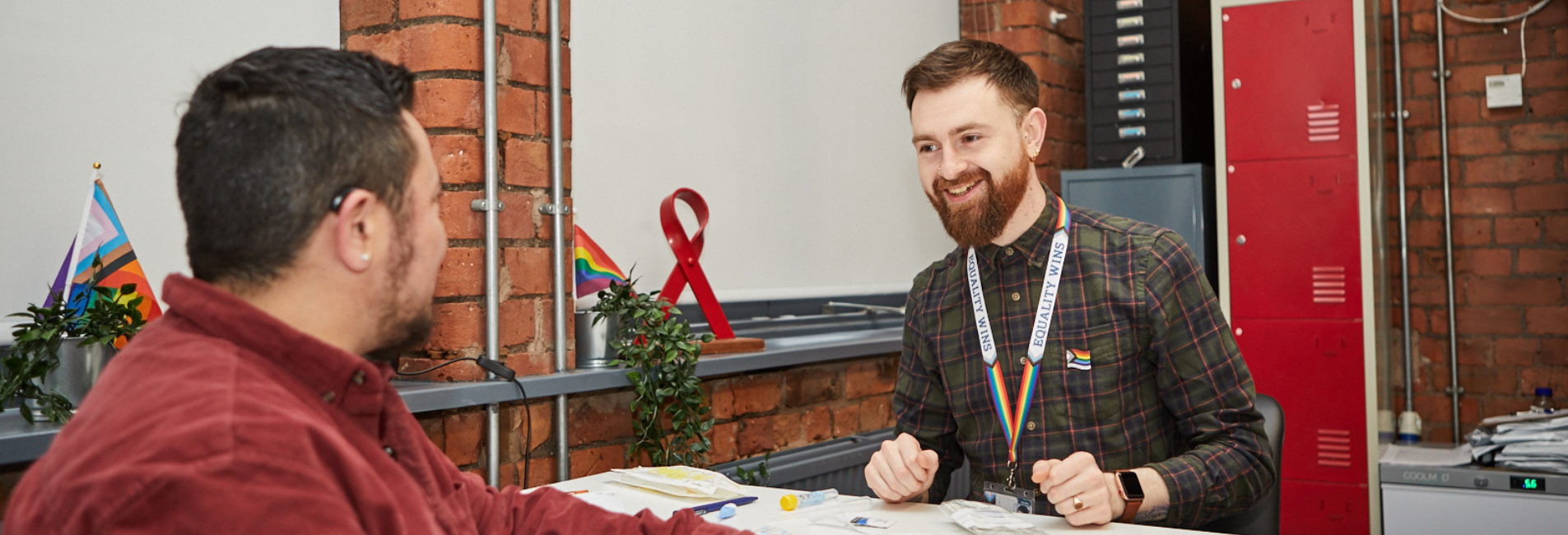
We want you and your partners to have the most enjoyable sex while looking after your sexual health and well-being.
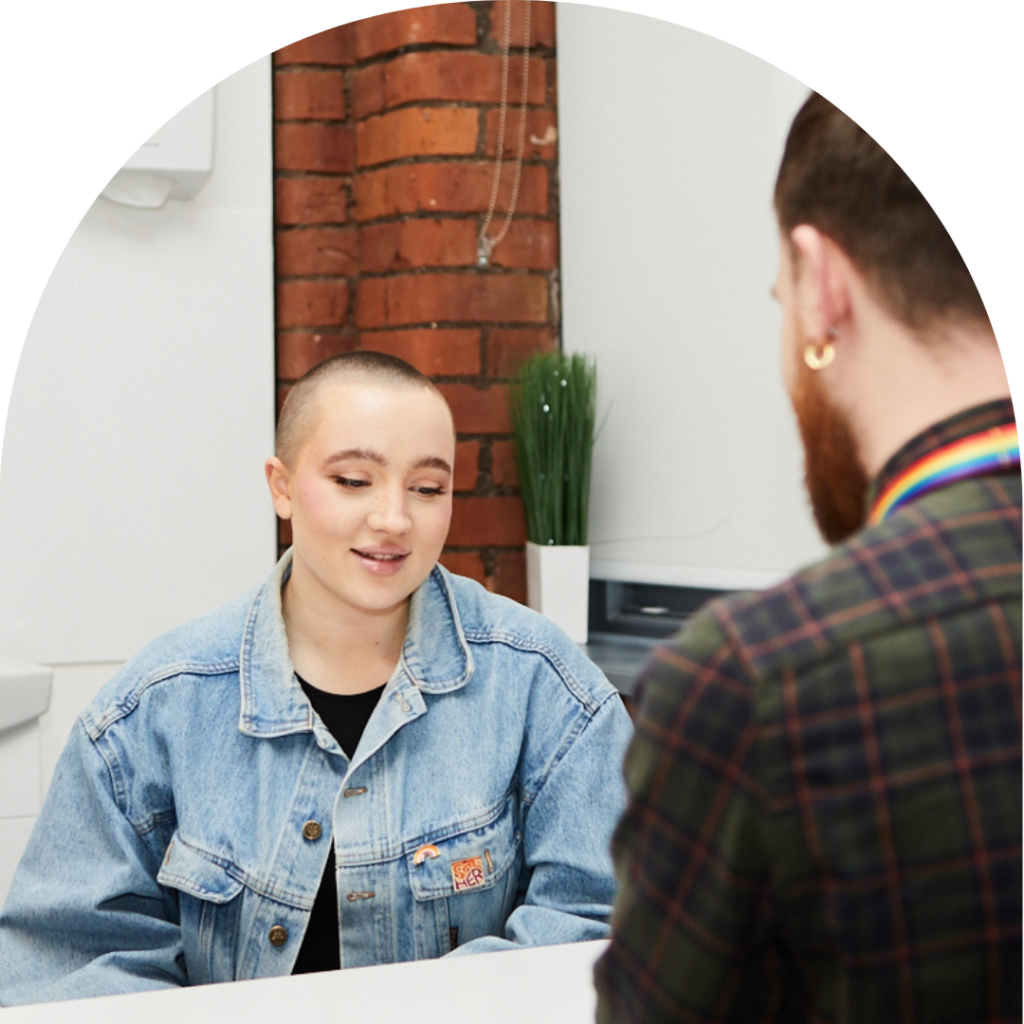
We know that taking care of your sexual health and well-being can be a challenge, but don’t worry, we’ve got your back. Whether you need support with navigating consent, using condoms and lube, learning about HIV prevention and the undetectable=untransmissible message, accessing PEP and PrEP, or getting tested for STIs, we’re here to help.
We have a variety of guides and resources available, and our team is always on hand to talk about anything related to your sexual health or relationships. So let’s break down the stigma, put our sexual health first, and enjoy exploring sex safely and with confidence!

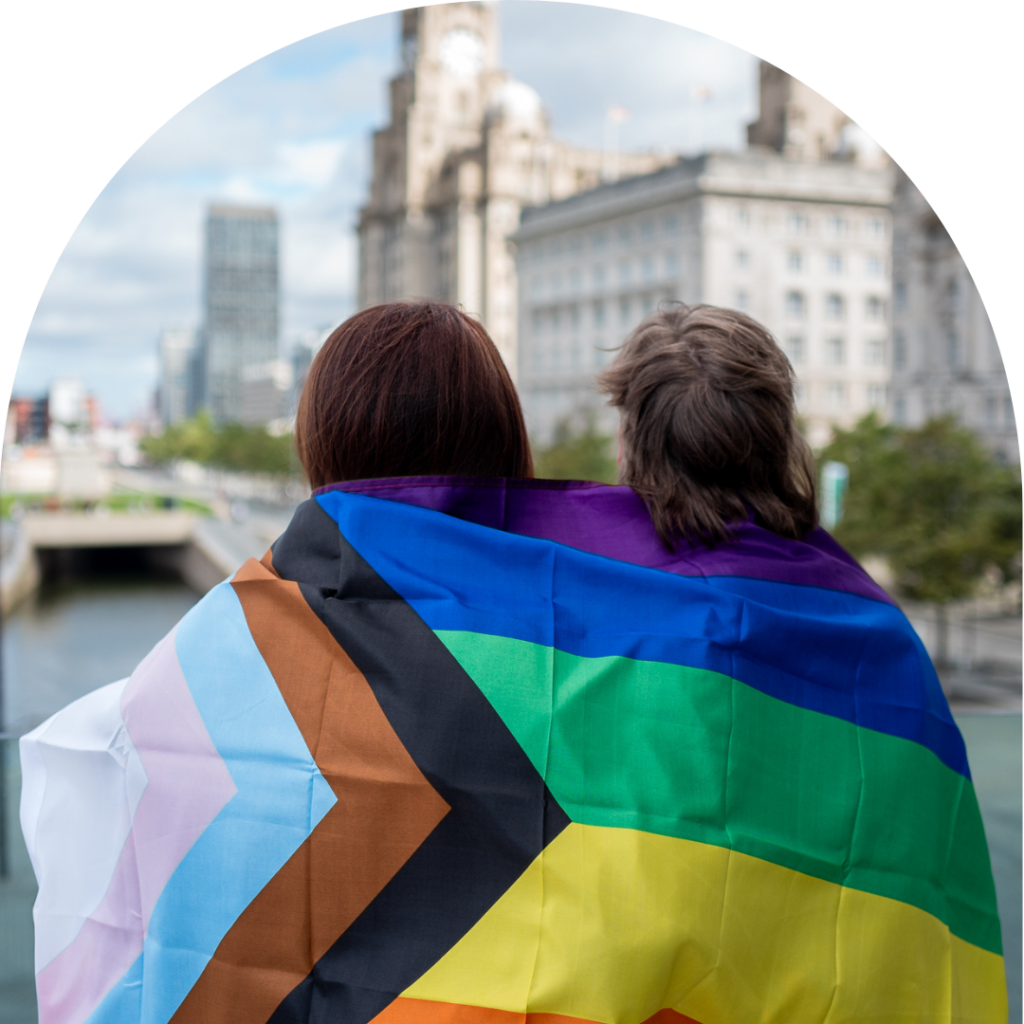
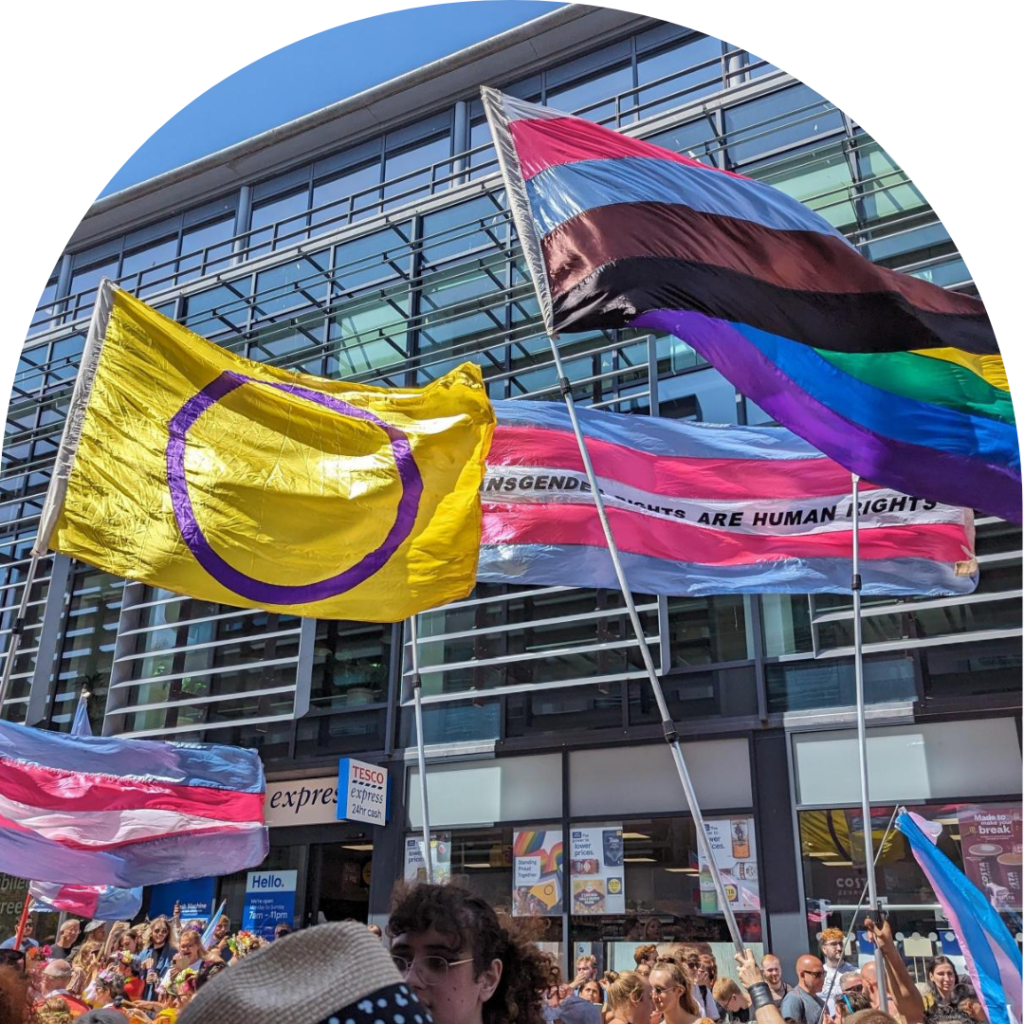


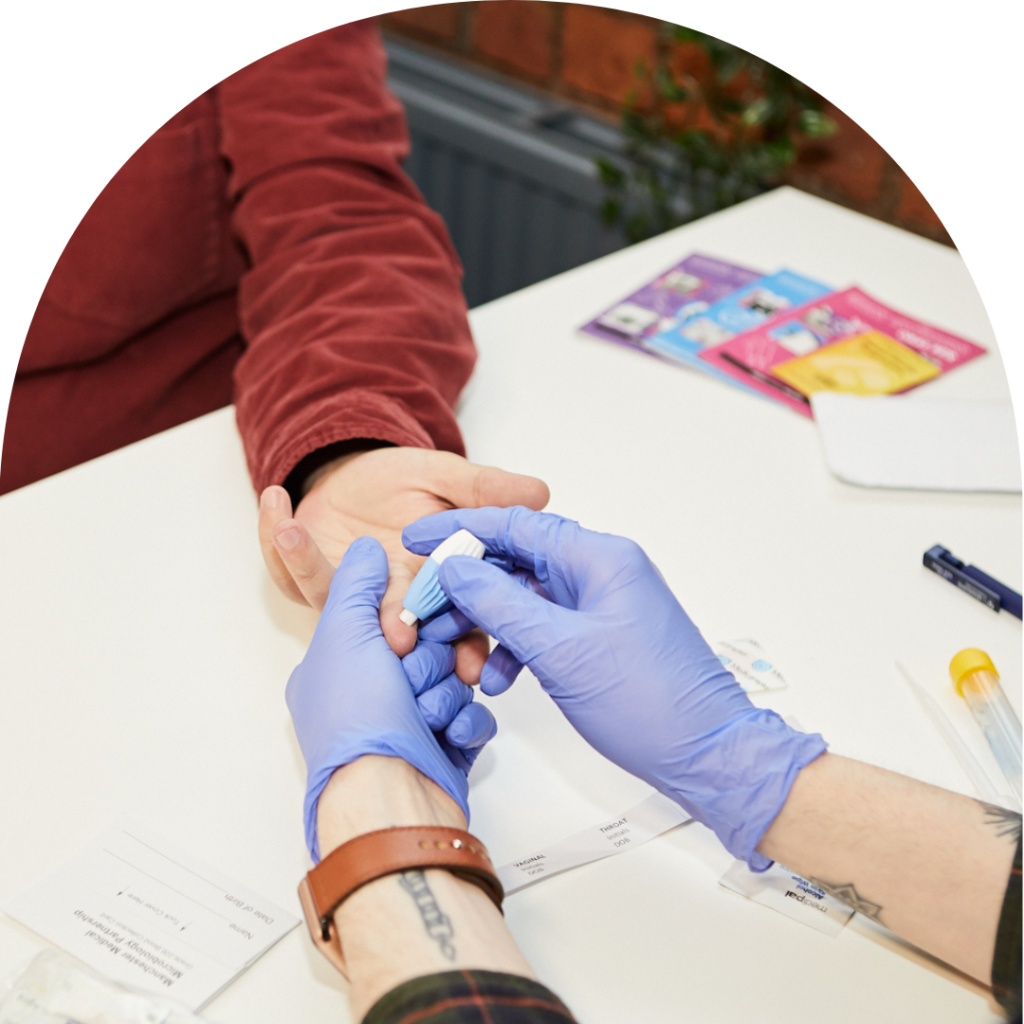

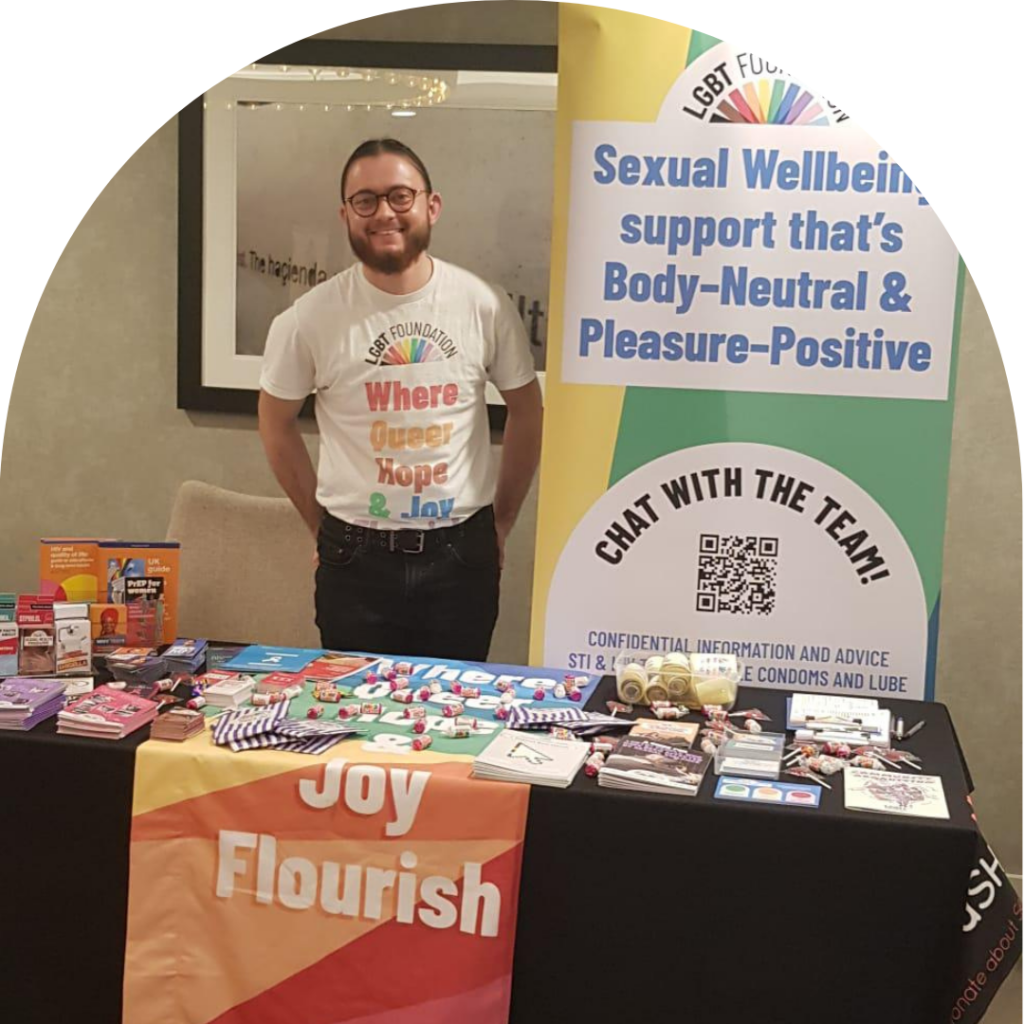
Get help from us
Live in Greater Manchester or the city of Liverpool? You can get free condoms and lube from us.
You can also find out more about testing for STIs or speak to us about anything to do with your sexual health and well-being.








